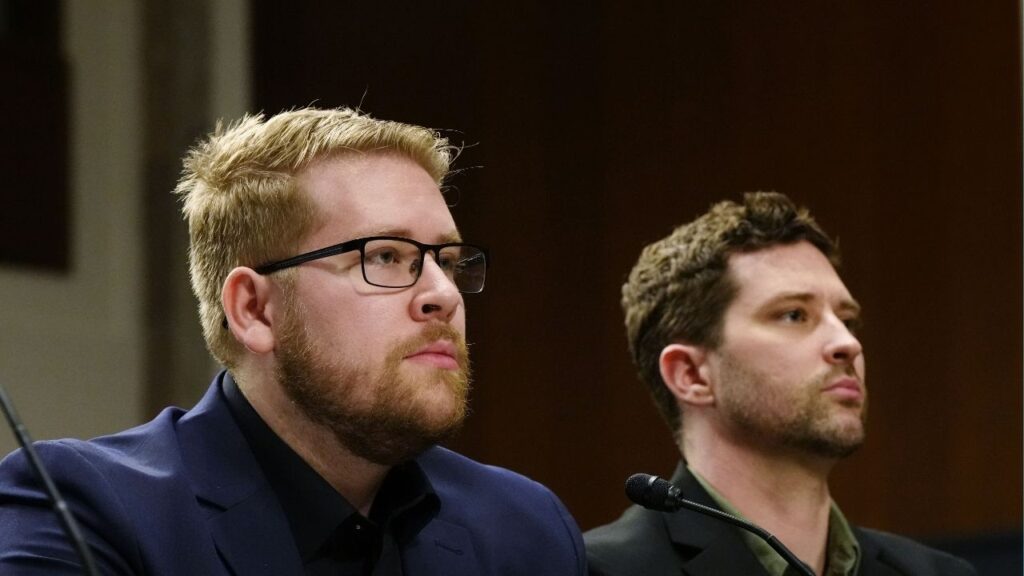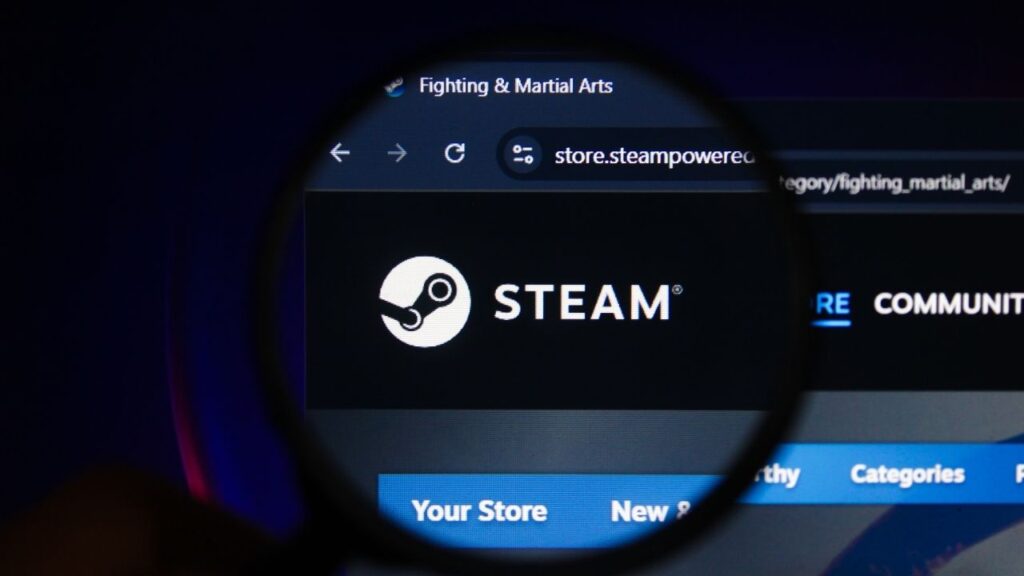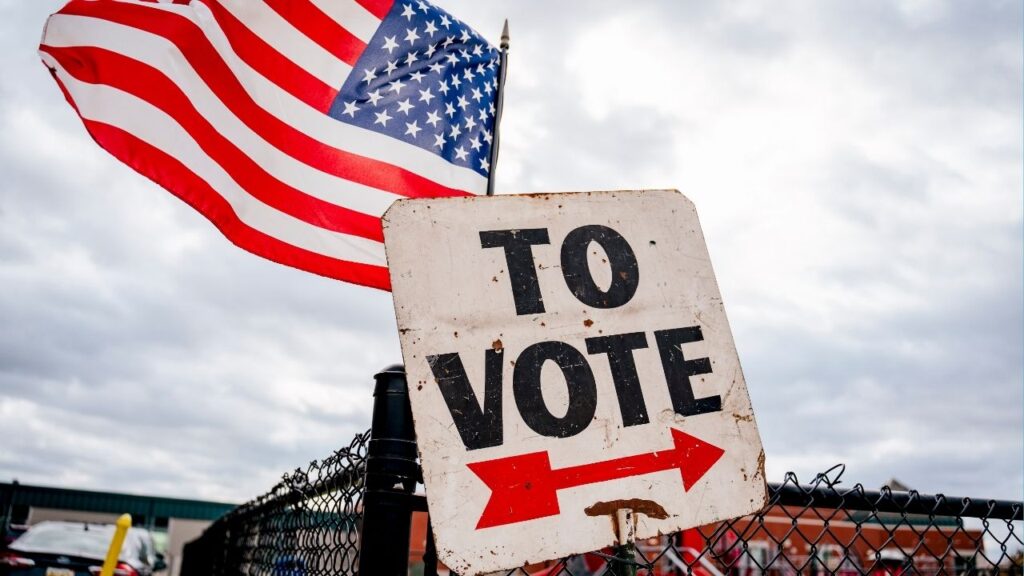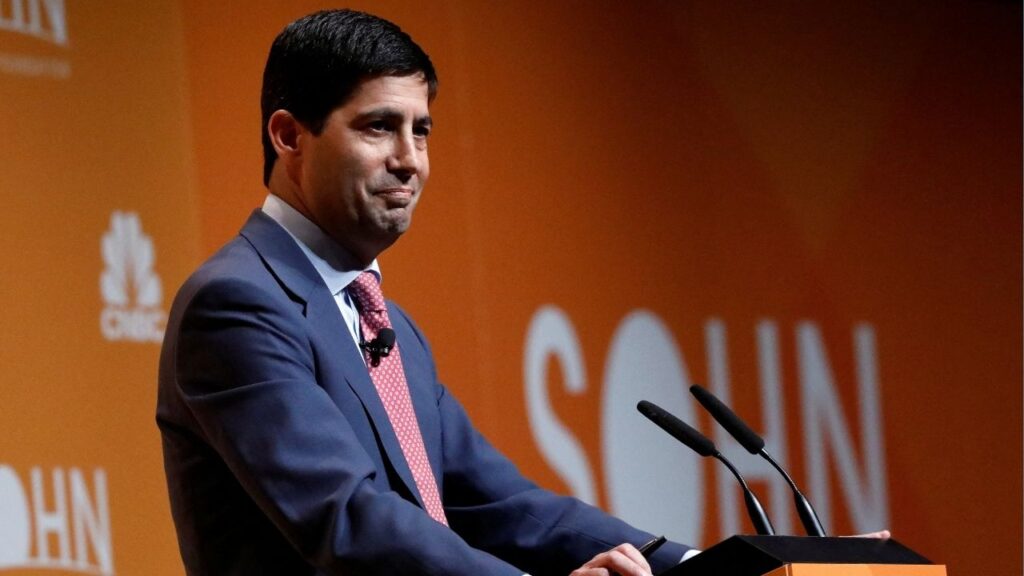Disneyland annual pass holders who felt misled by "no blockout dates" promises will receive compensation checks this month, averaging about $67.41 per person, stemming from a $9.5 million class-action settlement. (Alex Welsh/The New York Times)
Share
|
Getting your Trinity Audio player ready...
|
People who paid nearly $1,400 for an annual pass to Disneyland will begin receiving checks in the mail this month from a $9.5 million settlement of a class-action lawsuit that accused Disney of misleading customers into believing that the program carried “no blockout dates.”
More than 100,000 people who bought the Dream Key annual pass between Aug. 25 and Oct. 25, 2021, will each receive about $67.41, a small fraction of what they paid for the pass. The payments were to begin arriving by mail or electronically starting in mid-June.
The lawsuit was filed in November 2021 by a California woman who said she purchased a Dream Key pass to Disneyland in Anaheim, California, under the impression that the pass would allow her to make reservations for any day of the year.
Related Story: Southern California City Council Gives Key Approval for Disneyland Expansion ...
The lawsuit said Disney “appears to be limiting the number of reservations available to Dream Key pass holders in order to maximize the number of single-day and other passes” that it could sell to Disneyland visitors.
The Dream Key pass has since been discontinued.
The plaintiff, Jenale Nielsen, paid $1,399 for the pass, the lawsuit said. She will receive a $5,000 payment, according to the agreement.
The two parties agreed to settle the lawsuit in July 2023 to avoid a trial. Walt Disney Parks and Resorts denied any wrongdoing or liability in agreeing to the settlement.
Settlement administrators will automatically send checks to the last known mailing addresses for members of the class. Some pass holders may have elected to receive payment digitally.
–
This article originally appeared in The New York Times.
Sara Ruberg/Alex Welsh
c.2024 The New York Times Company
Distributed by The New York Times Licensing Group
RELATED TOPICS:
Categories

Renee Good’s Relatives Speak to Lawmakers in Washington

















